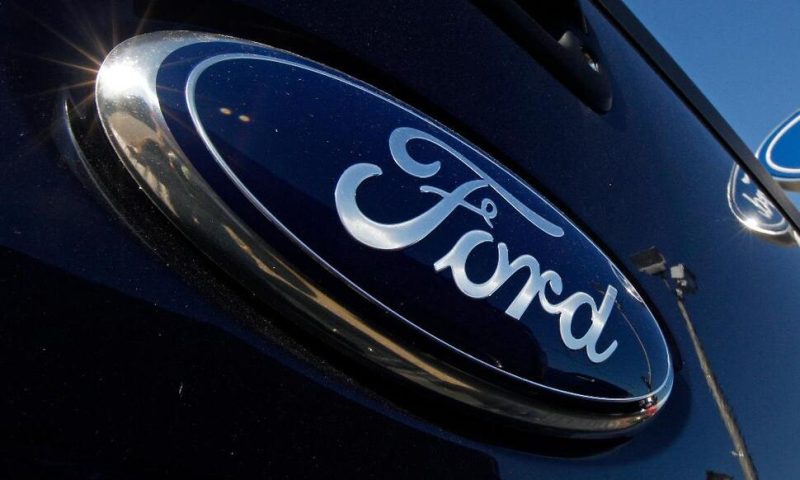Ford Motor Company has settled claims by 40 U.S. state attorneys general that the company made misleading claims about the fuel economy and payload capacity of some of its vehicles.
SACRAMENTO, Calif. — Ford Motor Company on Tuesday settled claims by 40 U.S. state attorneys general that the company made misleading claims about the fuel economy and payload capacity of some of its vehicles, violating state consumer protection laws.
The company agreed to pay $19.2 million to the states and refrain from making misleading advertising claims as part of the settlement filed in San Diego Superior Court in California.
The attorneys general said Ford misled consumers about its 2013-2014 C-Max hybrid cars and 2011-2014 Super Duty pick-up trucks.
The company misrepresented how far the C-Max hybrids could travel on a tank of gas and that the vehicles had better real-world fuel economy than other hybrids, the attorney generals said.
They said Ford also deliberately left out of its payload calculations for Super Duty pickup trucks standard cargo truck items including the spare wheel, tire, jack and car radio, thus artificially raising the claimed payload capacity.
Ford said in a statement that it was pleased the investigation was settled with no judicial finding of improper conduct and that the company denied violating any federal or state laws.
“We worked with the states to resolve their concerns and in the process limited additional investigative costs and legal expenses for all parties,” the company said.
Ford said it voluntarily flagged the incorrect fuel economy rating for federal regulators, corrected it and reimbursed people who bought or leased the vehicles during and shortly after the time that the rating was incorrectly advertised.
Buyers “should be able to trust that they’re getting what they paid for,” California Attorney General Rob Bonta said in announcing the settlement.
The $1.2 million for California from the settlement will aid state and local enforcement of consumer protection laws.
The settlement includes Alabama, Arizona, Arkansas, California, Colorado, Connecticut, District of Columbia, Florida, Illinois, Indiana, Iowa, Georgia, Kansas, Kentucky, Louisiana, Maine, Maryland, Massachusetts, Minnesota, Missouri, Nebraska, Nevada, New Jersey, New Mexico, New York, North Carolina, North Dakota, Ohio, Oklahoma, Oregon, Pennsylvania, Rhode Island, Tennessee, Texas, Utah, Vermont, Virginia, Washington, West Virginia and Wisconsin.

